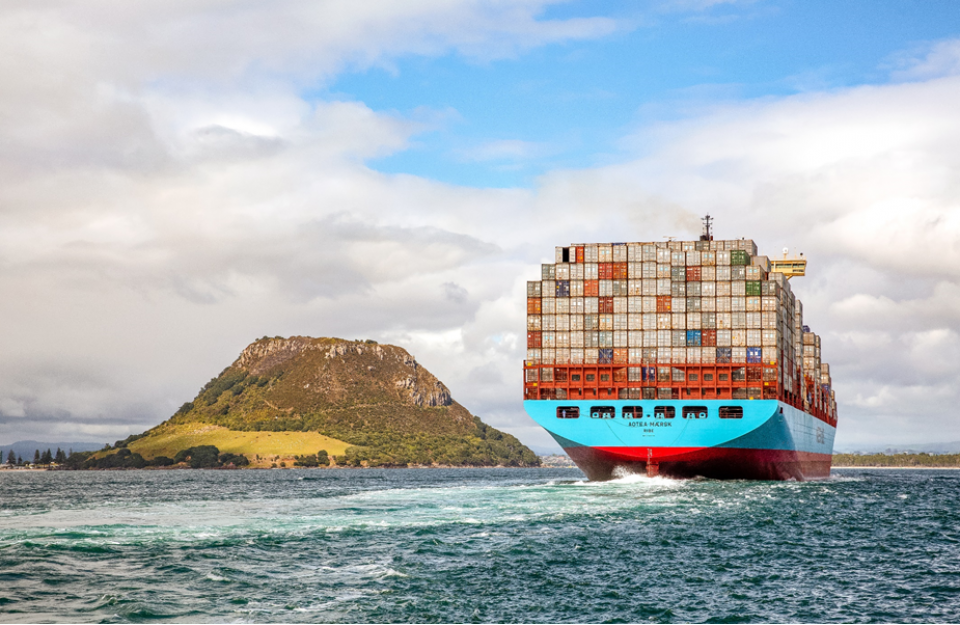The EMA says the Indo-Pacific Economic Framework Supply Chains agreement announced recently between 14 countries will guard against supply chain disruption in the future.
Chief Executive Brett O’Riley, who has provided input to the Ministry of Foreign Affairs and Trade on the agreement, on behalf of its member and associated businesses, says supply chains are a core pillar of the Indo-Pacific Economic Framework (IPEF).
"I’m pleased to see this important framework completed, which will facilitate supply chain certainty and enable countries to also jointly address a number of sustainability issues including labour market fairness," he says.
"As a result of COVID and other global geo-political issues, including Russia’s war on Ukraine, we have seen the most disrupted supply chain since the Second World War. This has had impacts internationally on shipping container availability, transport fuel costs, and stocks of key components, and has driven up costs for businesses and their customers.
“As a result, this has had inflationary impacts and material shortages - all contributing to an increase in the cost of living across the region and in New Zealand specifically."
IPEF provides new channels for collaboration among regional countries and this recent Supply Chain Agreement announcement highlights the intention to improve the resilience, efficiency, productivity, sustainability, transparency, diversification, security, fairness and inclusivity of countries involved.
"It is also great to see India and Fiji represented in the 14 IPEF countries. India is a key focus for closer trade relations for New Zealand. We are also strengthening our involvement in the Pacific and Fiji is an important partner. In time it would be excellent for this participation to be extended to other South Pacific Island nations like Tonga and Samoa," O’Riley says.
Click here for more details of the Supply Chains Agreement and IPEF.


